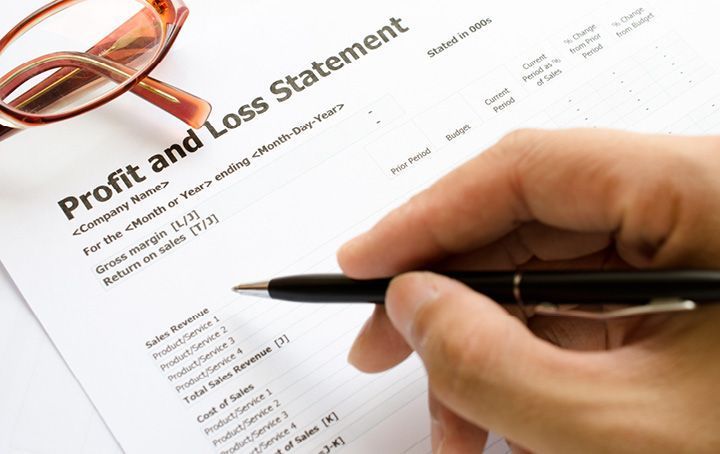Business tax losses may benefit your business later. If you’re a sole trader or individual partner, you may be able to apply the loss against other income like salary or investment income, or carry the loss forward to a future year.
 Business tax losses may benefit your business later. Learn what rules apply so you can start factoring losses into your business tax planning.
Business tax losses may benefit your business later. Learn what rules apply so you can start factoring losses into your business tax planning.
When you’re starting a new business venture, it may take some time before the business becomes profitable. And there may be other situations where an established business operates at a loss in a particular year. So, what does this mean tax-wise? When your deductions in an income year are greater than your assessable income, you have a “tax loss”. You generally can’t receive a refund for a tax loss, but you can use it in other ways.
Using business tax losses against other income
If you’re a sole trader or individual partner, you may be able to use your business tax losses to offset other assessable income you earn personally. This includes salary and wages from employment and income from personal investments.
But watch out: if the loss is “non-commercial”, you can’t use it immediately to offset your other income. Instead, you must defer it (explained below). To pass the non-commercial loss rules, you generally must meet two requirements. First, your adjusted taxable income must be less than $250,000. For these purposes, you ignore your business losses, but must add any reportable fringe benefits, salary sacrifice or personal super contributions, and total net investment losses.
Second, you must pass one of the following four tests, which are designed to measure whether your business activities are sufficiently “commercial”:
- your assessable income from your business activity is at least $20,000;
- your business has made a tax profit in three out of the past five years (including the current year);
- you use real estate valued at $500,000 or more in your business on a continuing basis; or
- the value of “other assets” (excluding vehicles and real estate) you use in your business on a continuing basis is at least $100,000.
If you don’t pass any of these tests (or fail the $250,000 income requirement), you must defer the business tax losses for use in future. You’ll be able to apply the deferred loss against future business income when the business starts making a profit, or alternatively against other income sources when you start satisfying the non-commercial loss rules. Your losses can be deferred indefinitely until this happens.
The Commissioner of Taxation can use his discretion to allow you to apply the business tax losses in the current year, but only in “special circumstances” or where the nature of your business is such that there will be a lead time before the business activities become profitable or sufficiently commercial.
There are also special rules for primary production and professional arts businesses. If your income from other sources (excluding any net capital gain) is less than $40,000, you can use your business tax losses against that income and you don’t need to worry about the non-commercial loss rules.
Offsetting future income
What if you satisfy the non-commercial loss rules but don’t have income against which you can offset your business tax losses?
Sole traders and individual partners can carry forward business tax losses to a later year to apply against future income. While losses can be carried forward indefinitely, you must use them to offset income at the first opportunity.
If you operate through a trust or company, talk to your tax adviser about the rules that determine when you can use carried-forward losses. These rules look at things like whether there has been a significant change in ownership or control since the loss was incurred (and for some entities, whether it carries on the same or a “similar” business after the change).
Business tax losses may benefit your business later if you plan now
Whether you’re setting up a new business or need advice about using existing tax losses, contact Hunter Partners to begin a discussion about tax loss planning to help your business succeed.
Hunter Partners are Accountants, Tax Agents and Financial Planners. We can assist you with all aspect of your accounting, tax and financial planning requirements, call Hunter Partners on (07) 4723-1223.
- Hits: 2750